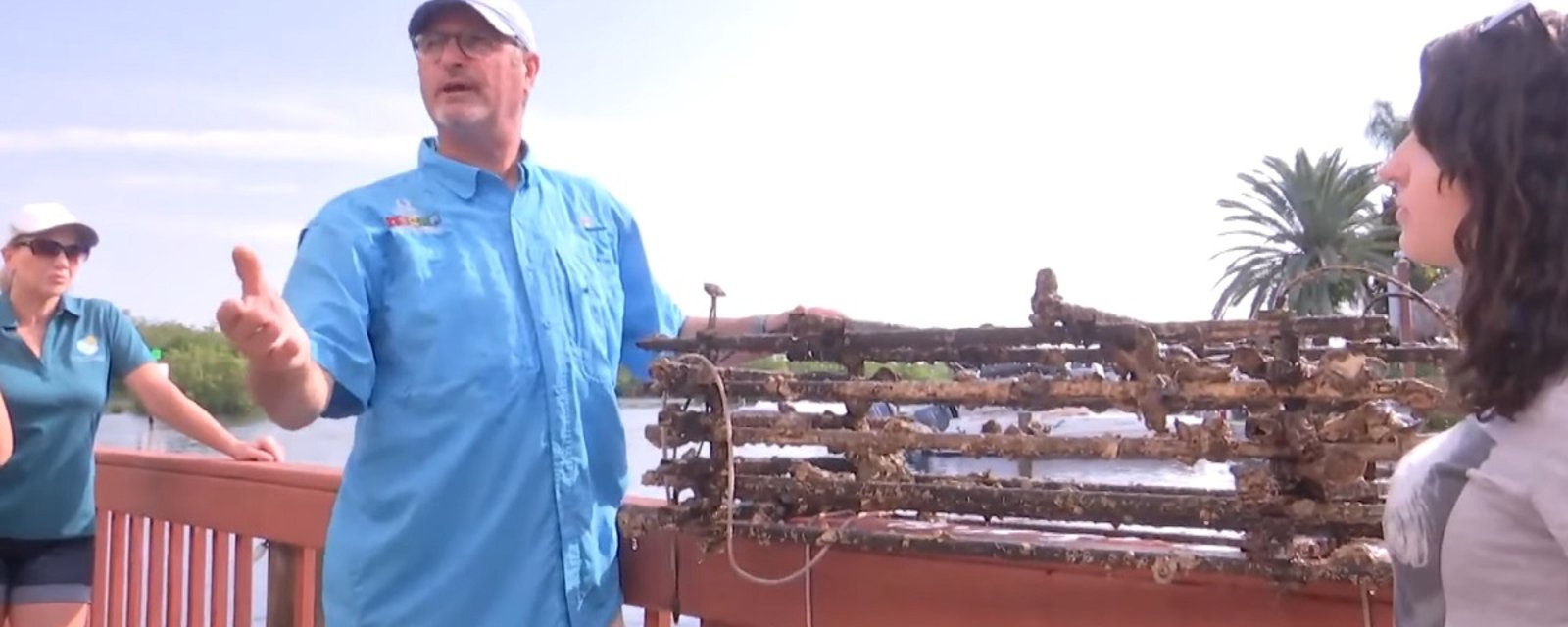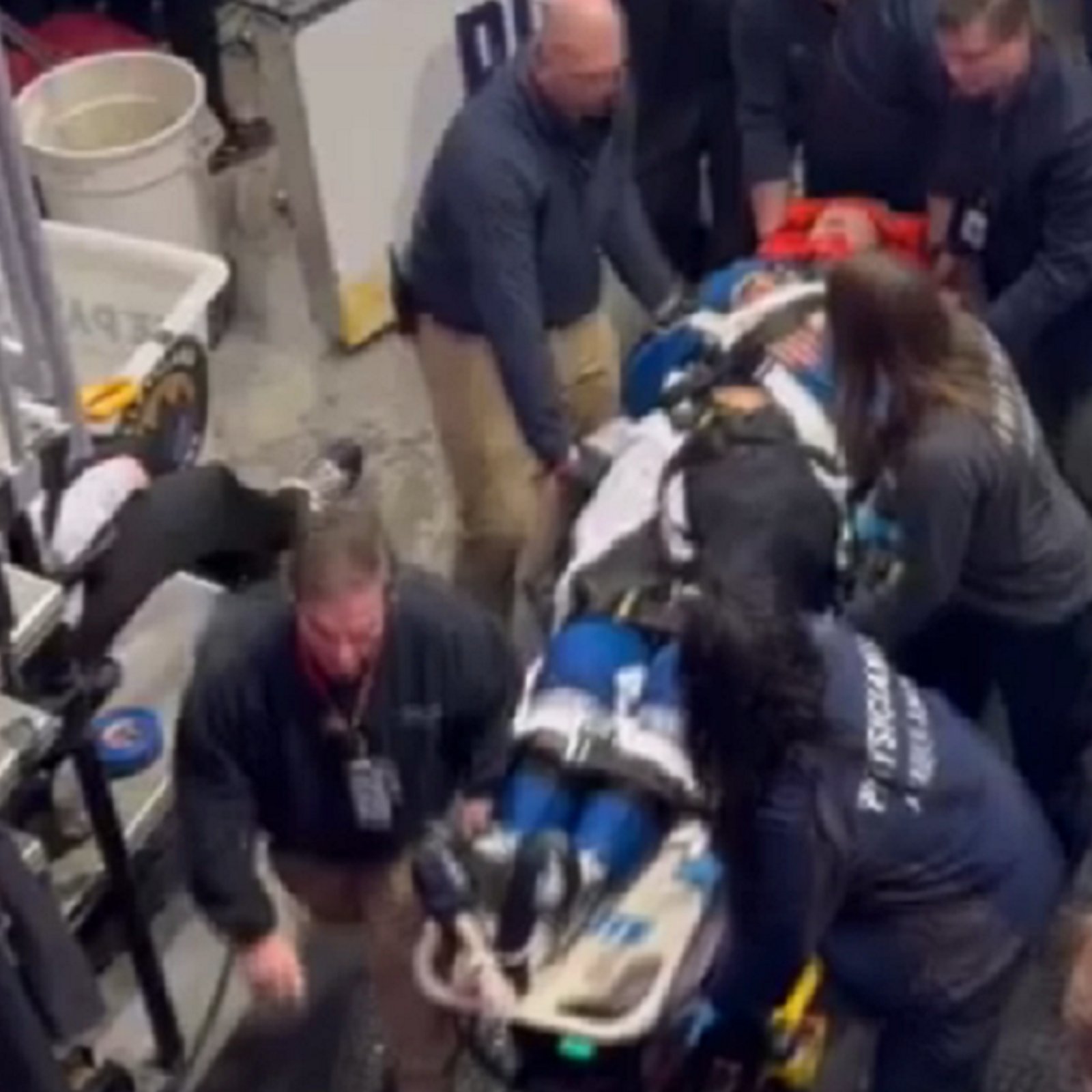
Researchers in Florida are using hockey sticks to help save mother nature.
Broken hockey sticks find a second life.
HockeyFeed
I must admit I never thought I would see the day when I would be covering a story coming from Inside Edition of all sources, yet here we are and it's a pretty good one too.
As many of our readers will already know the state of Florida has been suffering under a significant water crisis dating back to June of this year. A combination of red tide and blue-green algae has wreaked havoc on the nutrient-reach ecosystem along the Florida coast and now researchers are scrambling for ways in which they can help mitigate the damage. Surprisingly one such research team, a team emanating from Florida Gulf Coast University, has found a way to use hockey to help combat the current water crisis in Florida.
Dr. Mike Parson and his team have started to create a series of artificial reefs using broken hockey sticks, each of which the research team believes can support upwards of 400 oysters. Parson has stated that due to the material with which hockey sticks are fabricated in the modern day, they are extremely resilient and do not degrade rapidly, making them an ideal solution to use in these artificial reefs. Not to mention broken hockey sticks no longer serve a purpose, so this also gives these discarded pieces of lumber a second life after hockey.
At the time of the original report from the crew at Inside Edition the organization, which is aptly calling itself Rink2Reef, had peaked the curiosity of the National Hockey League and there was talk that the league was interested in partnering with them. We are proud to inform you that according to an official announcement on the Rink2Reef website the two sides have indeed come together and formed a partnership. Rink2Reef is now a part of the NHL's green initiative and hopefully this will lead to several more reefs being built.
The Rink2Reef team had already set up 45 artificial reefs prior to the National Hockey League getting involved and, although that may not seem like much in the face of such a staggering water crisis, Parson claims that each of those reefs filters a whopping 20,000 gallons of water per day when fully operational. Here's to hoping with the efforts of the NHL they can take their project even further.
{RECOTOOL}}



